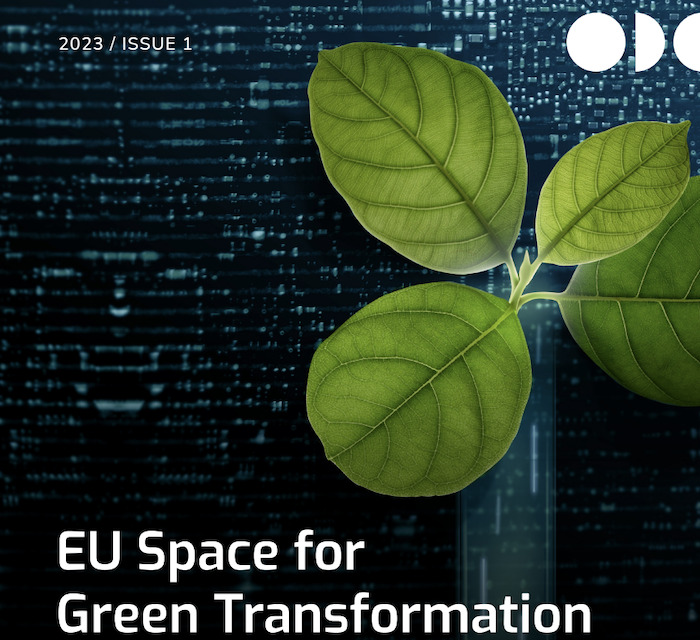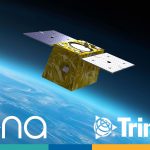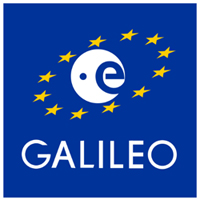EUSPA has published a new report, EU Space for Green Transformation, aimed at helping companies assess their own environmental performance and take actions in line with EU Green Deal targets.
Speaking in Brussels at the 15th EU Space Conference, Rodrigo da Costa, executive director of the EU Agency for the Space Program (EUSPA), said, “This report explains to companies and businesses how they can use space data and services to monitor their sustainability performance and to comply with EU Green Deal targets.”
EUSPA Head of Market, Downstream and Innovation Fiametta Diani said, “We explain how companies in many different sectors can use Galileo and Copernicus services to independently assess their own practices. In forestry, to take one example, we have new EU deforestation rules that require certification of the value chain. This includes many sectors that use forestry products for their business, from making furniture to paper, to other wood-based and forestry-based products. Here we show how these companies can use Galileo data to certify where their raw materials come from.”
Companies can also apply space-based data towards their own environmental and social governance (ESG) ratings, increasingly used as a criterion for both public and private funding. “Again, this applies to many companies in different sectors,” Diani said, “from energy to mobility, tourism, forestry. More and more even private investors are taking this into account. If you do not have a good ESG, you will not get financing.”
Unmanned and autonomous mobility
Diani said one of the main areas EUSPA is focused on in the context of the EU Green is sustainable mobility. “Here, unmanned and automated vehicles are going to continue to play an important role, because they will permit us to minimize the generated emissions, by allowing us to chose the best route, the optimized route. I’m thinking, for example, about using GNSS for precise navigation in autonomous maritime vessels.
“For drones as well,” she said, “of course most of them have automated functions. They depend on GNSS, but we are also exploring the use of Copernicus to optimize routes, especially in the future urban space that will be used for drones. And last but not least, the autonomous cars, that is our next frontier, where we also expect that space-based precision navigation services will contribute to lower the impact of emissions.”
Also speaking at the report launch was Andrea Vena, chief climate and sustainability officer at the European Space Agency (ESA). He said, “Autonomous vehicles are very important to all of us. Our concern here is reducing the impact of transportation of all kinds, and as we produce more of these vehicles, we know efficiency and sustainability will increase. But we can also think about working towards actually reducing the numbers of vehicles we are producing, by developing and implementing more shared transport and mobility services.”
In case anyone hasn’t noticed, beyond inspirational words, EUSPA is actively dispensing millions of euros in financing towards furthering the EU’s green agenda, including in the form of research and development grants for environmentally responsible technologies that leverage European space assets like Galileo, EGNOS and Copernicus. Look at the EUSPA website and grab yours.






